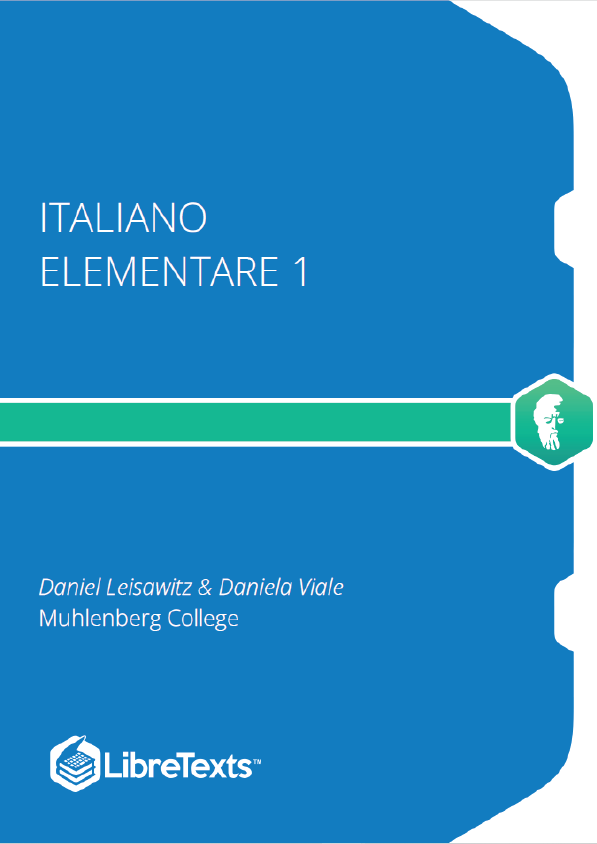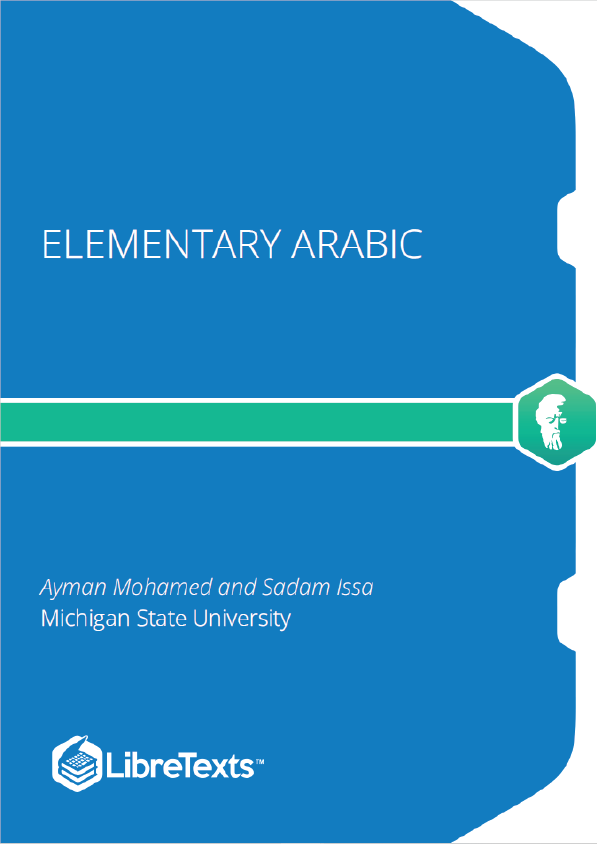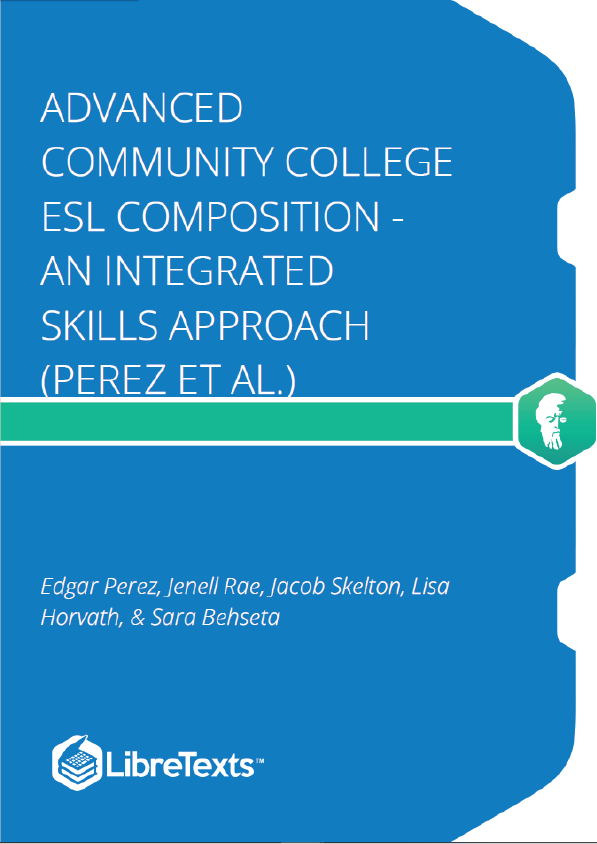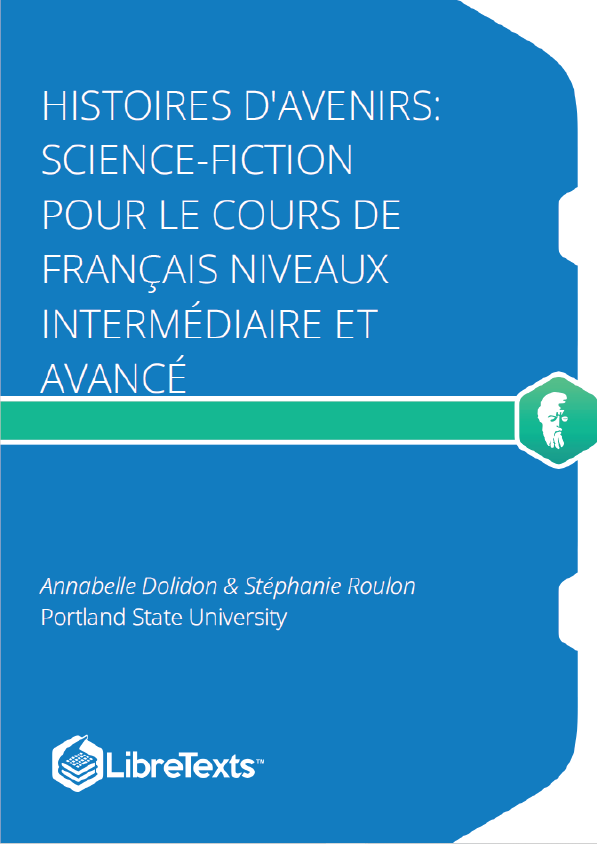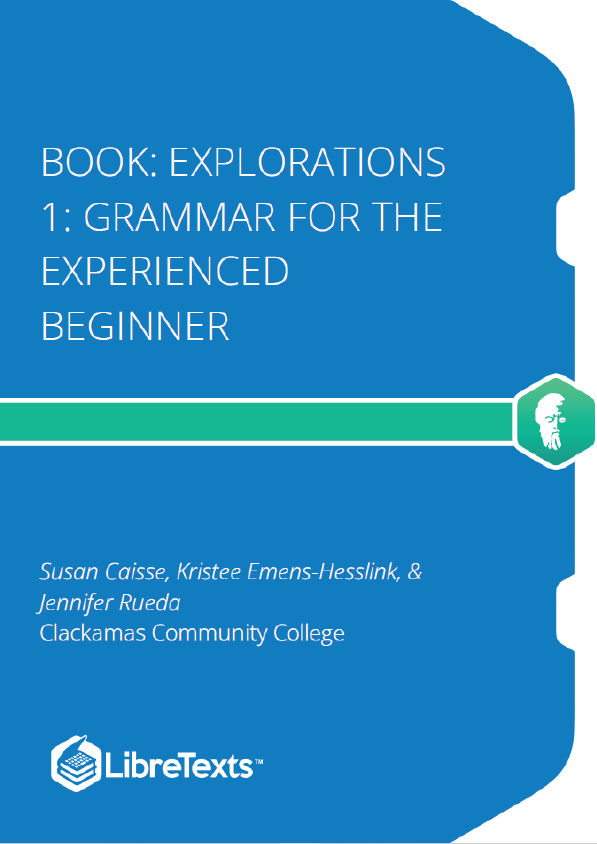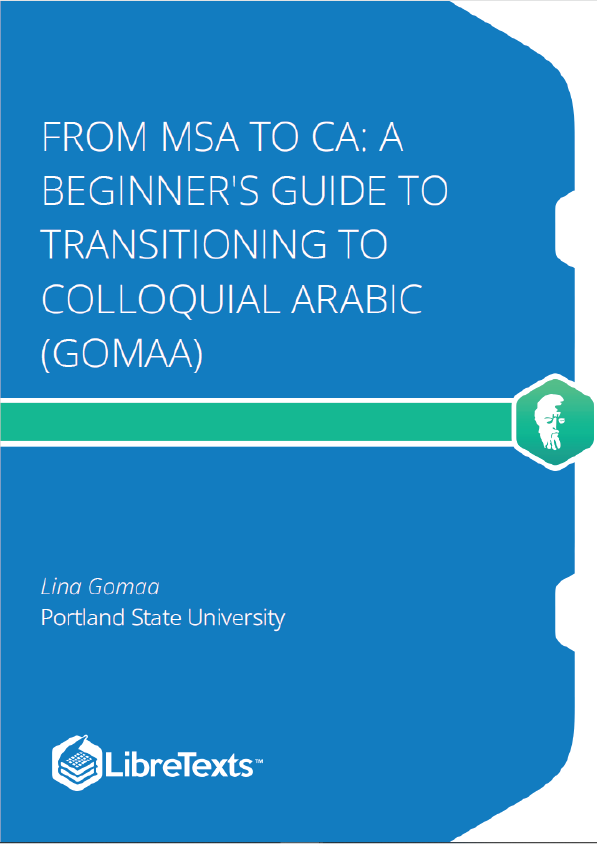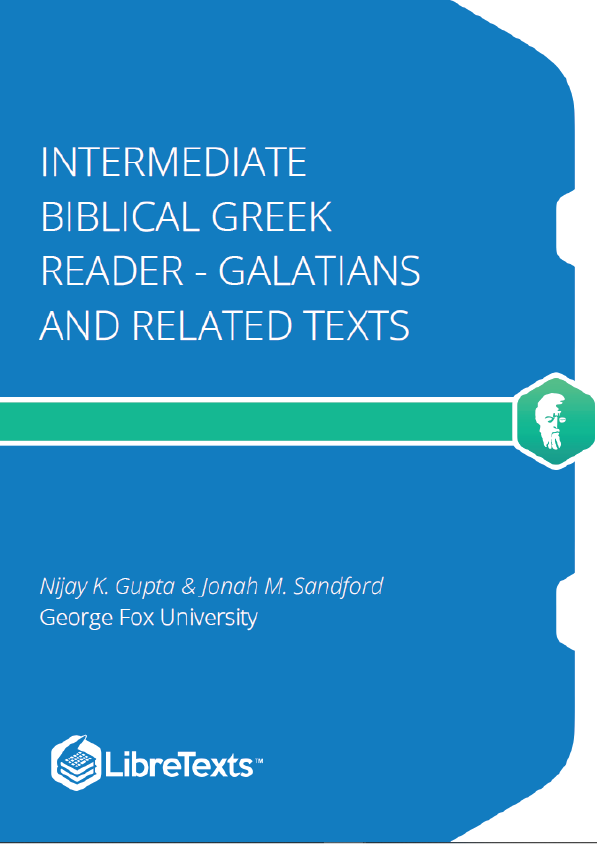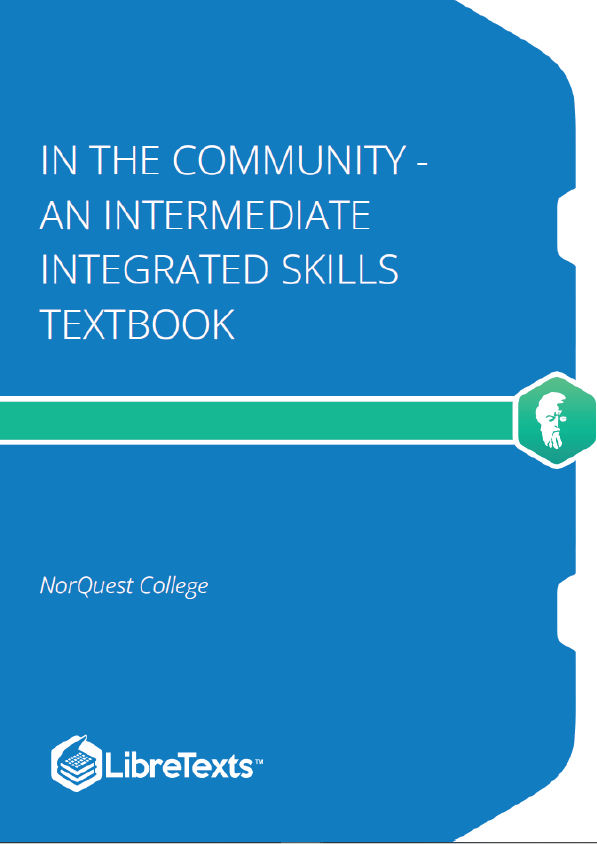Pronunciation
Pronunciation in Italian is simple, because Italian spelling is phonemic. Words are spelled the way they are pronounced; it’s just a matter of learning the rules…
When consonants appear as a pair, they must be pronounced as double:
- mozzarella*
- tetto [roof]
- nonno [grandfather]
- appuntamento [appointment]
- sabbia [sand]
Exceptions: the easy ones
Foreign nouns do not change in the plural, i.e. un bar → due bar.
- Accented nouns do not change in the plural, i.e. un caffè → due caffè
- There is a bunch of singular words ending in –i. They do not change in the plural, i.e. un’analisi → due analisi; una crisi → due crisi.
- Abbreviated (shortened) nouns do not change in the plural, i.e. un cinema → due cinema (cinema is short for cinematografo); una foto → due foto (foto is short for fotografia)
- Nouns made of one syllable do not change in the plural, i.e. un re → due re.
- Those few masculine nouns ending in –a have a regular masculine plural in –i, i.e. un problema → due problemi; un poeta → due poeti.
- Nouns ending in –ista have two forms: the masculine plural is –isti, the feminine plural is –iste, i.e. un barista → due baristi; una barista → due bariste.
Exceptions: the harder ones
- Nouns ending with –co, –ca, –go, –gagenerally add an h in the plural form, i.e. un lago → due laghi; un cuoco → due cuochi; un’amica → due amiche; un’alga → due alghe. This is done in order to retain the same hard sound of c and g.
BUT
- A common exception are plural nouns referring to people, i.e. un biologo → due biologi; uno psicologo → due psicologi.
- With nouns ending in –co, whether you add h or not depends on where the stress in that word is.
- If the stress is on the second-to-last syllable, you add h:parco → parchi (the stress is on par)
- If the stress is on the third-to-last syllable, you don’t add h:medico → medici (the stress is on me) BUT A common exception is un amico → due amici (and a few others).
- Nouns ending in –io change to –i in the plural, unless the –i in –io is stressed. In this case, i is retained, i.e. un orologio → due orologi; uno zio → due zii (the i in zio is stressed).
- Nouns ending in –cia or –gia change to –ce and –ge in the plural, unless the –i in –cia or –gia is stressed. In this case, i is retained, i.e. un’arancia → due arance; una spiaggia → due spiagge; una farmacia → due farmacie (the i in farmacia is stressed).
